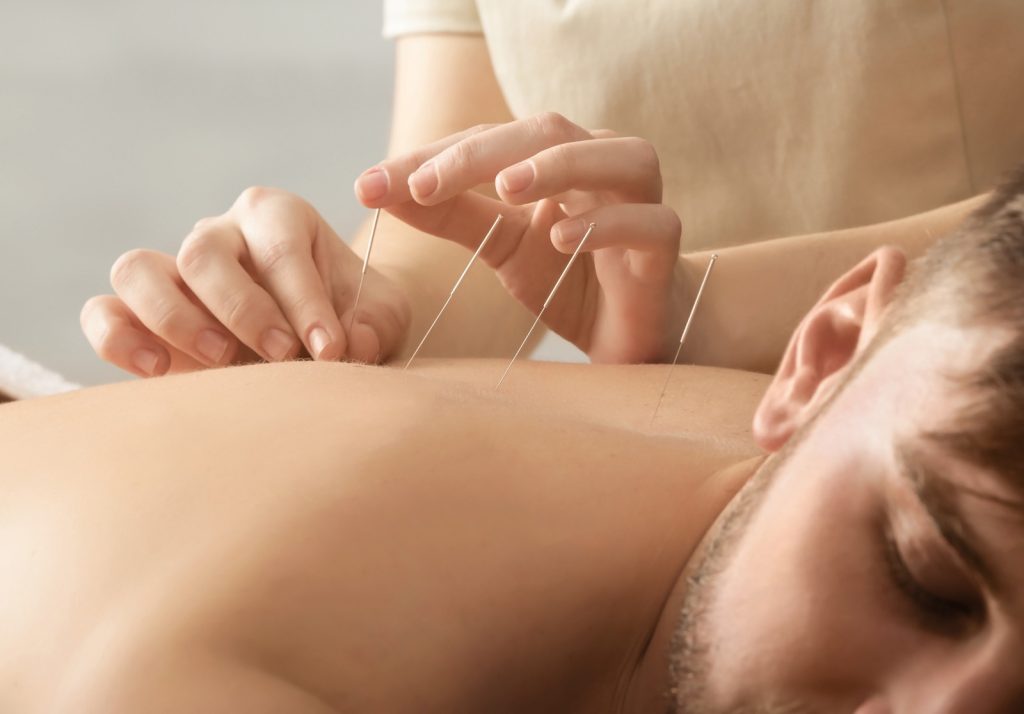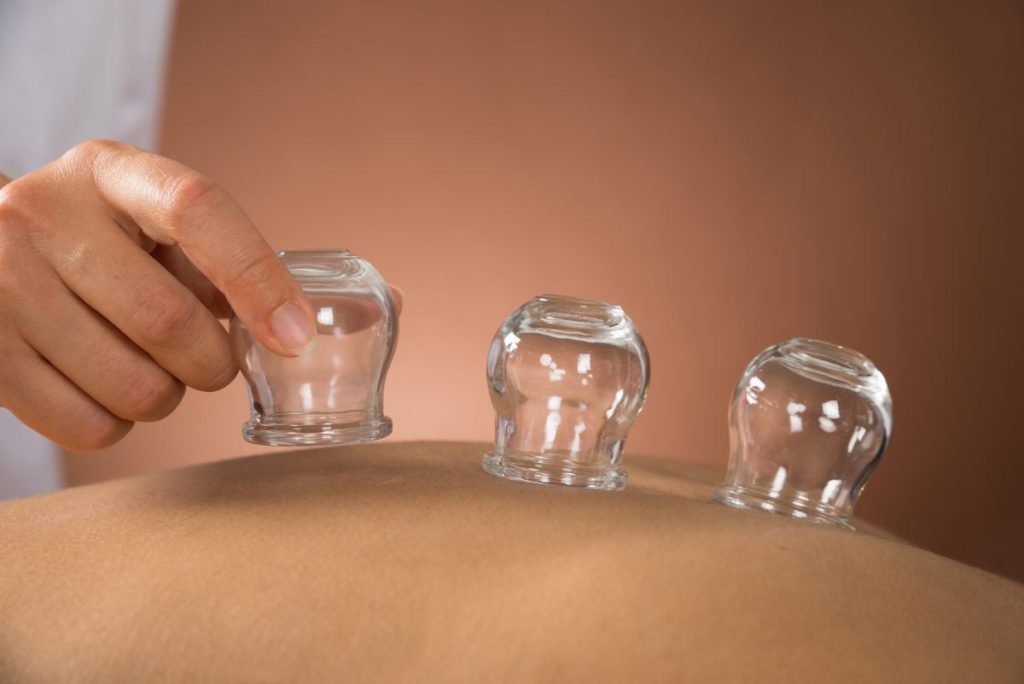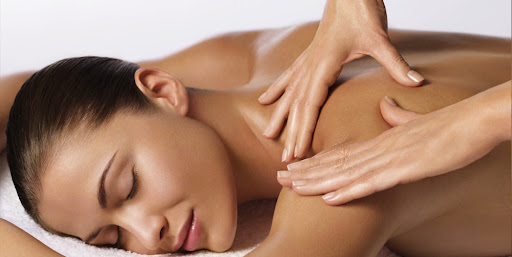Frequently Asked Questions
Acupuncture FAQ:
What is Acupuncture?
Acupuncture is among the world’s oldest healing techniques and has been an integral part of traditional Chinese medicine for more than 3,000 years. Western medicine recognizes Acupuncture as a valuable treatment option for those who want relief from chronic pain, sports injuries, headaches, insomnia, and digestive problems. This noninvasive, painless technique involves the placement of very tiny needles into various points on your body to rebalance your body’s energy (“qi”).
How does Acupuncture work?
Acupuncture improves your body’s natural functions and promotes the healing process from within. When your Acupuncturist inserts tiny needles into points along 14 energy pathways on your body, it releases endorphins — your body’s natural painkillers. This technique also helps to boost blood flow and to release the flow of your body’s qi.
Acupuncture is a safe way to get relief from several different types of chronic pain. During your first appointment, you discuss any areas of pain you’ve been having difficulty with, and the team creates a customized treatment plan based on your individual needs, including how many sessions you will need for the maximum pain-relief benefit.
How painful is Acupuncture?
Acupuncture needles are so tiny and thin that you barely feel anything as your Acupuncturist inserts them. Most men and women don’t feel pain during an Acupuncture treatment, but rather it is an overall relaxing experience. You may feel a temporary soreness on your skin after a session, but overall, most individuals experience minimal or no discomfort.

What conditions can Acupuncture treat?
From chronic health conditions to acute injuries, Acupuncture can treat:
- Lower back pain
- Headaches and migraines
- Insomnia
- Digestive and weight loss issues
- Osteoarthritis pain
- High blood pressure
- Sciatica pain
- Nausea from pregnancy or chemotherapy
- Allergies
- Dental pain
Acupuncture may even be able to help you quit smoking more easily, combat depression, and relieve anxiety. A series of Acupuncture treatments at A & First can improve your overall physical, mental, and spiritual well-being.
A bonus of Acupuncture treatments is that they provide relief from chronic pain without the unhealthy side effects that are common with most prescription medications.

Why Does Cupping Therapy Cause Bruising?
The suction created during the Chinese cupping massage pulls on your skin. It also expands the blood vessels under the skin which causes the reddening. Occasionally, capillaries can break during this process which causing the bruising. Plus, the rush of blood flow to the area due to the suction effect increases the bruising process.
What Conditions Benefit from Cupping?
Cupping decreases chronic pain from muscle strains or conditions such as fibromyalgia. It also improves asthma and can lessen the duration of colds and the flu. It can also improve blood conditions such as anemia and high blood pressure. Others use it to benefit skin conditions such as acne and eczema.
Cupping FAQ:
What is Cupping Therapy?
During cupping therapy, the massage therapist places cups onto your skin to create a vacuum. You can think of this like a reverse massage. The cups are placed in a way that creates suction. Your skin is sucked into the open space of the cup and the massage therapist leaves them on your skin for a few minutes.
How does it Work?
Our therapist places a flammable substance such as alcohol on your skin. For example, onto your back. Then, the substance is lit for a short time. As soon as the fire burns out, the cup is placed onto the skin to create a vacuum.
Is Cupping Painful?
Massage cupping therapy is not painful, but everyone experiences this technique differently. You can liken the amount of pain to a deep tissue massage which gets into the deeper layers of muscle tissue. Most of our clients enjoy the experience and the benefits without pain.
Massage FAQ:
What are the benefits of massage therapy?
- Lower stress
The long-term effects of stress can take emotional and physical tolls. Massage therapy may relieve stress and conditions associated with it, such as tension headaches. - Increased Immune Function
Medical research indicates that massage therapy can help boost immune system strength by increasing the activity level of the body’s natural “killer T cells,” which fight off viruses. - Boost Mental Health and Wellness
Research suggests that symptoms of stress, anxiety, and depression (all associated with mental health) may be directly affected by massage therapy. - Pain Management and Improved Range of Motion
Pain can negatively affect a person’s quality of life and impede recovery from illness or injury. Recent findings highlight the role of massage in pain management. - Improved Physical Fitness
Elite and recreational athletes alike can benefit from massage therapy – massage can reduce muscle tension, improve exercise performance, and prevent injuries.
When should I avoid getting a massage?
In general, there are a few conditions that would prevent you from getting a massage. Of course, do not schedule an appointment if you are feeling unwell, have a fever, cold, or a skin condition that is contagious. The first trimester of pregnancy is generally considered off-limits for massage, as are active chemotherapy or other intensive medical treatments. If you have a serious medical condition and you are unsure if a massage would be safe for you, massage therapists will recommend that you speak with your primary care provider to get approval first.

Will the massage hurt?
In general, massages should not hurt. In fact, if you are in pain during a massage, this may cause your muscles to seize up, making the relaxing effects more difficult to achieve. If the pressure is too intense, speak up immediately so your therapist can adjust. Certain techniques may result in soreness during the days following a massage, similar to that of a great workout, but in general, you should not have pain during or after your massage.